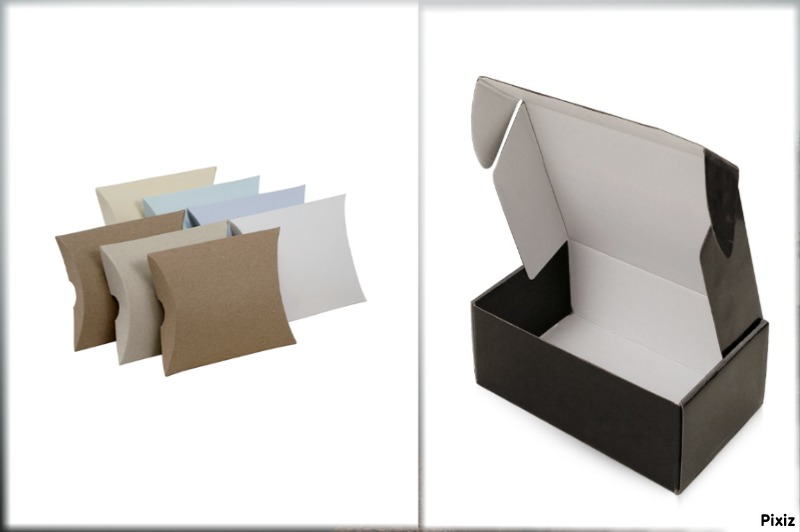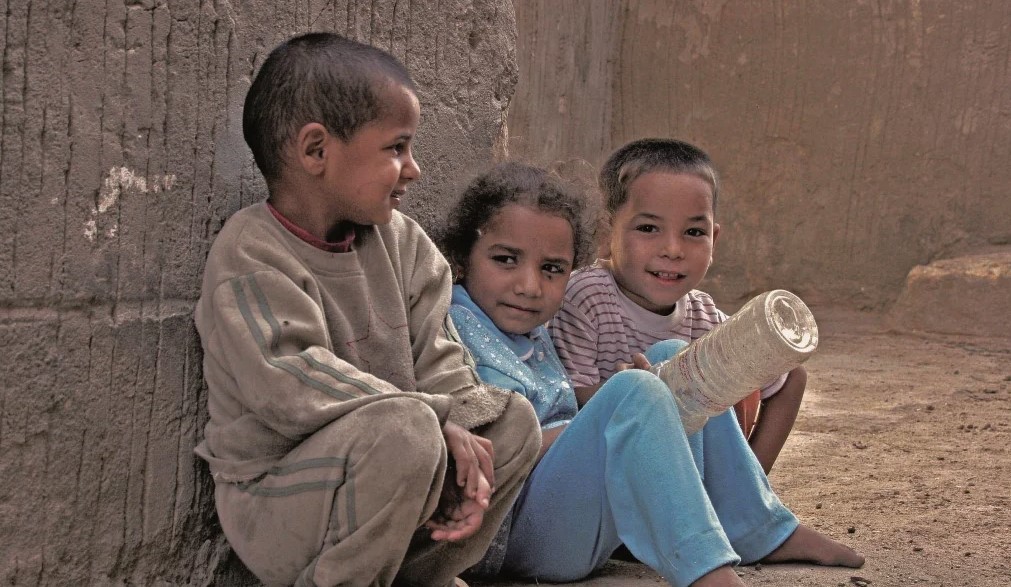The ongoing crisis in Gaza has left millions of Muslims in dire need of humanitarian aid. For Muslims worldwide, donating to Gaza is not just an act of charity but a deeply rooted expression of faith, compassion, and solidarity. The act of giving, or sadaqah, holds immense significance in Islam, and supporting those in Gaza offers a meaningful way to fulfill this religious duty.
This article explores the importance of donating to Gaza, how Muslims can contribute effectively, and the impact of these donations on the lives of those affected. By understanding the crisis, choosing reliable channels, and embracing the spirit of giving, Muslims can make a tangible difference in Gaza.
Understanding the Crisis in Gaza
Gaza, a small strip of land on the eastern coast of the Mediterranean, is home to over two million people, many of whom are Muslims facing unimaginable hardships. Decades of conflict, blockades, and economic challenges have created a humanitarian crisis marked by poverty, limited access to healthcare, and food insecurity. Homes have been destroyed, schools have been damaged, and medical facilities are struggling to cope with the overwhelming demand.
For Muslims, the suffering in Gaza resonates deeply, as it reflects the struggles of their brothers and sisters in faith. The Quran emphasizes helping those in need, particularly during times of distress, making it a moral and spiritual obligation to support Gaza’s population. By donating, Muslims can help alleviate the suffering caused by this prolonged crisis and contribute to rebuilding lives.
The situation in Gaza is complex, with families often lacking basic necessities like clean water, electricity, and proper shelter. Children are particularly vulnerable, with many unable to access education or proper nutrition. The healthcare system is on the brink of collapse, with hospitals facing shortages of essential supplies and medications.
These challenges are compounded by the emotional toll of living in a conflict zone, where hope can feel scarce. For Muslims, supporting Gaza is a way to uphold the values of compassion and justice taught in Islam, ensuring that those in need are not forgotten.
The Islamic Perspective on Charity
Charity, or sadaqah, is a cornerstone of Islamic teachings. The Quran and Hadith emphasize the importance of giving to those in need, with numerous verses highlighting the rewards of helping others. For instance, the Quran states, “Those who spend their wealth in the way of Allah and do not follow up their spending by stressing their benevolence and causing hurt, will find their reward secure with their Lord” (Surah Al-Baqarah, 2:262).
Donating to Gaza aligns with this principle, as it directly supports Muslims facing extreme hardship. Zakat, the obligatory charity, and sadaqah, the voluntary giving, are both powerful ways to contribute to Gaza’s relief efforts.
In Islam, charity is not just about financial aid but also about fostering unity and empathy within the Ummah. When Muslims donate to Gaza, they strengthen the bonds of brotherhood and sisterhood, showing solidarity with those enduring trials. The Prophet Muhammad (peace be upon him) said, “The believer’s shade on the Day of Resurrection will be his charity” (Tirmidhi). This highlights the spiritual rewards of giving, which extend beyond this world. By donating to Gaza, Muslims fulfill a religious duty while also making a practical impact on the lives of those in need.
How to Donate Effectively to Gaza
For Muslims looking to donate to Gaza, choosing the right channels is crucial to ensure that aid reaches those who need it most. Numerous reputable organizations work tirelessly to deliver humanitarian assistance to Gaza, including food, medical supplies, and shelter. When selecting a charity, it’s important to verify its credibility. Look for organizations with transparent financial practices and a proven track record of delivering aid effectively. Many Islamic relief organizations provide detailed reports on how donations are used, ensuring accountability.
Muslims can contribute through various forms of giving, such as one-time donations, monthly contributions, or zakat payments. Some organizations allow donors to specify how their funds are used, whether for emergency relief, medical care, or education programs. Online platforms have made it easier than ever to donate, with many charities offering secure payment options and regular updates on their work in Gaza. Additionally, Muslims can participate in fundraising campaigns within their communities, such as mosque collections or charity events, to amplify their impact.
Another way to support Gaza is by raising awareness about the crisis. Sharing information about reputable charities and the situation in Gaza on social media or within community groups can inspire others to contribute. For those unable to donate financially, volunteering time or skills to support fundraising efforts is equally valuable. Every small action counts, and collective efforts can lead to significant change.
The Impact of Donations on Gaza
Donations to Gaza have a profound impact on the lives of its residents. Contributions help provide essential supplies like food, clean water, and medical care, addressing immediate needs. For example, a single donation can fund meals for a family, medical treatment for an injured child, or temporary shelter for those displaced by conflict. Beyond immediate relief, donations also support long-term recovery efforts, such as rebuilding schools, restoring infrastructure, and providing psychosocial support to those traumatized by the crisis.
The ripple effect of donations extends beyond material aid. When Muslims give to Gaza, they send a message of hope and solidarity, reminding the people of Gaza that they are not alone. This emotional support is invaluable in a region where despair can feel overwhelming. For children, donations mean access to education and a chance at a better future. For families, it means the ability to survive and rebuild. Every dollar donated contributes to restoring dignity and hope to those who have endured so much.
Moreover, donations can empower local communities in Gaza by supporting small businesses and vocational training programs. These initiatives help families become self-sufficient, reducing their reliance on aid over time. By investing in Gaza’s future, Muslims can help create a more sustainable and resilient society, aligning with the Islamic principle of empowering others.
Challenges in Delivering Aid to Gaza
Delivering aid to Gaza is not without challenges. The blockade and restrictions on movement make it difficult for humanitarian organizations to transport supplies efficiently. Political complexities and security concerns can also hinder aid distribution, causing delays or interruptions. Despite these obstacles, many organizations have developed effective systems to navigate these challenges, ensuring that donations reach those in need.
Muslims can help overcome these challenges by supporting organizations with experience in working in conflict zones. Donating to charities with established networks in Gaza ensures that funds are used effectively. Additionally, advocating for policies that ease restrictions on humanitarian aid can amplify the impact of donations. By staying informed and engaged, Muslims can play a role in addressing both the immediate and systemic challenges facing Gaza.
FAQs
Why is donating to Gaza important for Muslims?
Donating to Gaza is a way for Muslims to fulfill their religious duty of charity, as outlined in the Quran and Hadith. It supports fellow Muslims in need, strengthens the Ummah, and provides spiritual rewards for the giver.
How can I ensure my donation reaches Gaza?
Choose reputable organizations with transparent practices and a history of delivering aid to Gaza. Check their websites for reports on how funds are used and ensure they have secure donation platforms.
Can I give zakat to Gaza?
Yes, zakat can be given to Gaza, as it meets the criteria for those in need, such as the poor and oppressed. Consult with a knowledgeable scholar to ensure your zakat is distributed correctly.
What types of aid are most needed in Gaza?
Gaza needs food, clean water, medical supplies, shelter, and educational support. Donations can also fund long-term projects like rebuilding infrastructure and supporting local economies.
How else can I help Gaza besides donating money?
You can raise awareness about the crisis, volunteer with charities, or organize community fundraising events. Sharing information and encouraging others to donate can amplify your impact.



